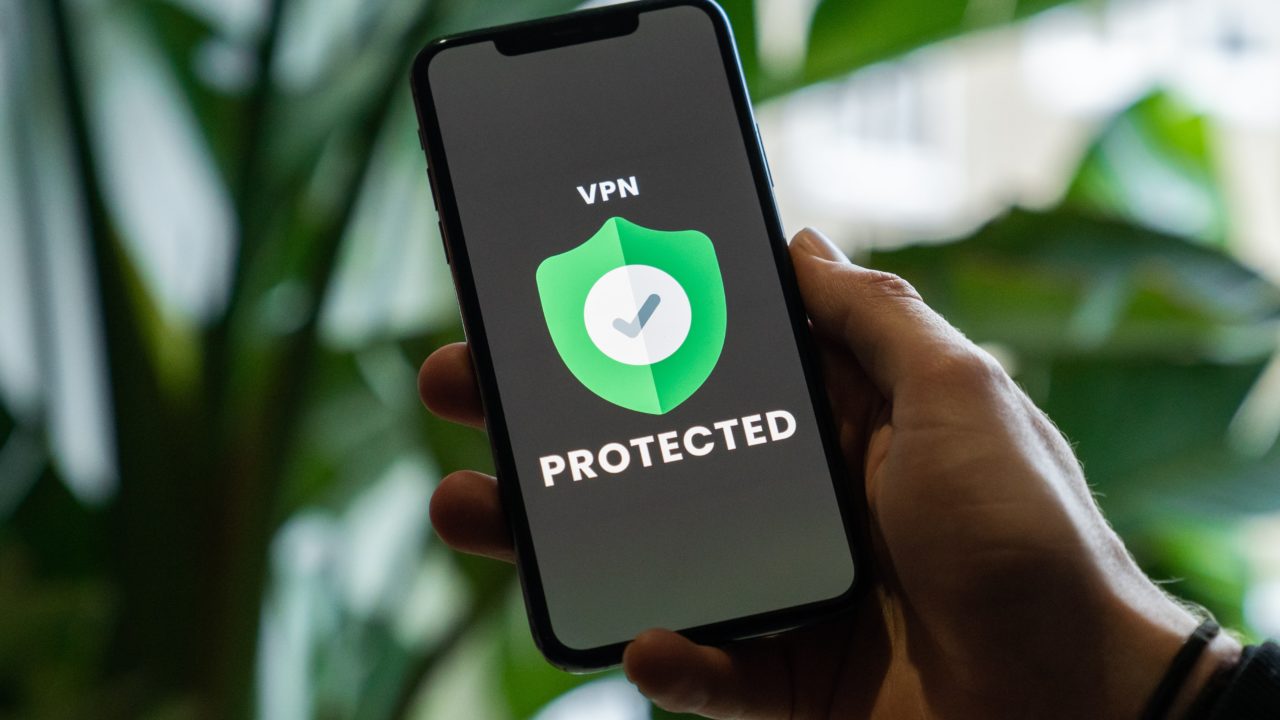
Do VPN’s Really Protect Your Privacy?
By: Noah Vehafric
Many VPN’s sponsor popular YouTube Creators who claim VPNs prevent your Internet Service Provider from blocking content, throttling speeds, and most importantly prevent your data from being collected by companies and the government. These would all be great features to protect users, but how true are these claims?
What is a VPN and How do they work?
A virtual private network or VPN can be simplified as a secure connection from one device to another by encryption. The VPN acts as a mask that hides a user’s location and disguises all the information travelling through that connection. Because of this factor, many businesses and organizations use VPNs to allow employees to remotely access the company network securely.
Do VPNs Stop Blocking and Throttling?
Many users are concerned that ISPs throttle access certain content on the internet. A VPN would protect users from content-specific throttling; however, a VPN will not allow users to escape network congestion related throttling or data caps. In fact, using a VPN may result in an overall decrease in internet speed. This is because a VPN is an additional program being run on your device that funnels everything you do. The measurable impact on your speeds varies by situation.
All too often you may want to enjoy a video on YouTube, only to find a message that tells you it is not available to view in your country. Because VPNs can disguise your IP address, this allows users to get around region-blocked content. Content may be region-blocked for copyright purposes or from government censorship. VPNs offer users an ability to get around region-blocked content. During the recent protests in Cuba, citizens were using VPNs to get around Cuban based censorship walls.
Do VPNs Stop Data Tracking?
VPNS provide more security online. They protect against what are called “man in the middle” attacks which allows attackers to intercept and listen to communications to steal login credentials, spy on users, or corrupt data. This makes VPNs great to use on untrustworthy Wi-Fi hotspots.
Bur if you are worried about cookies? VPNs won’t be your solution. Cookies can still track you while using a VPN, however because VPN’s connect to foreign servers and hide your IP address, it does obfuscate the information collected. While some VPN offer a feature that block attempts to track users, it is generally not a feature offered by most VPNs.
VPNs may make is more difficult for your ISP to track your internet usage, but the VPN provider itself can track what you do and sell that to a third party. In 2018 the Facebook owned VPN Onavo was caught collecting data from users and funneling that information to Facebook for use in research programs. When choosing a VPN, be sure to check if it has a no-logging policy. Many of the top paid VPNs such as NordVPN, ExpressVPN, and Mozilla VPN have explicit no-logging policies.
What About Viruses?
VPNs on their own do not protect you from malware or computer viruses. Some VPNs may offer ancillary features that warn users or block content suspected to be malicious, but there is nothing inherent to the technology of VPNs that would protect you from malware.
Conclusion
VPN’s are a cost-effective tool that provides some security advantages to users. However, they shouldn’t be relied upon as the be all, end all for your privacy and security. With the plethora of VPN’s available on the market today, be sure to evaluate each one to see which one fits your priorities.
Photo credit: Privecstasy